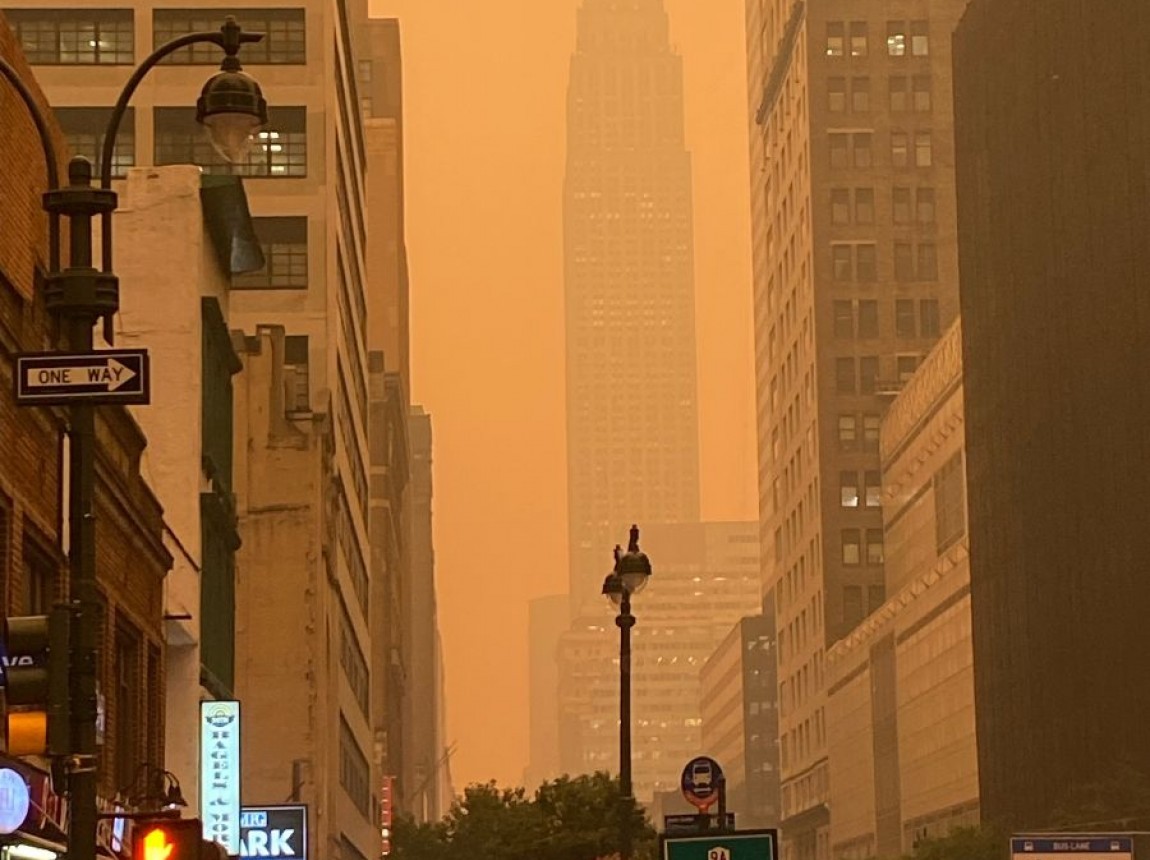Predicting the Impact of Climate Change on the Food Supply
+ Matthew Kahn
The New York Times has a lead article about the risks that climate change poses to the global food supply. The article is based on a leaked report from the Intergovernmental Panel on Climate Change (IPCC). According to the leaked report, climate change will reduce the food supply during a time of global population and income growth in the coming decades. This will lead to higher prices for food and an increased risk of starvation for the world's very poor.
This is an important thought exercise, so it's worth considering anything that the not-yet-complete IPCC report might be missing. According to the article, the IPCC report indicates that climate change could reduce "production over all by as much as 2 percent each decade for the rest of this century, compared with what it would be without climate change." What happens next? To predict true doom and gloom, you need to make some pretty pessimistic assumptions about how people will respond to the incentives that climate change generates. I wonder whether the IPCC report takes the following points into account.
- Is there an assumption that farming simply remains where it is, becoming more productive in some areas and drying up in others due to heat and drought? Does the IPCC allow for the possibility that climate change allows for land that is not currently arable to be brought under cultivation?
- Does the report include assumptions about how human ingenuity and new GMO entrepreneurs will figure out ways to increase agricultural yields?
- Does the report assume that people's tastes for foods are such that we are unable or unwilling to substitute to varieties that can be grown under new climate conditions?
- What are the assumptions about income growth of the very poor? For example, is the report pessimistic about the potential for the sort of growth miracle experienced in China to be replicated in other parts of the world, boosting incomes and allowing households to buy food at higher prices?
- Does the report makes assumptions about the ability of the world's engineers to figure out new and cheaper ways to recycle water and to enhance our stocks of key agricultural inputs?
- What are the underlying assumptions about global population growth? Does it continue to rise sharply?
- Assuming that climate change will lead to higher food prices, how does the report envision rich country consumers (an increasingly overweight lot) responding to the price incentives? For example, will they reduce their consumption in response to higher prices, freeing up food for the rest of the world?
The way that the report addresses these issues, to the extent that it addresses them at all, will obviously have important consequences for the conclusions it reaches. Since the IPCC is dominated by non-economists, basic economic ideas such investment under uncertainty and rational expectations may not enter the predictive models these scientists supply. If that is the case, then implicit in the IPCC report will be a pessimistic vision of mass myopia in the face of climate change. In the real world, self interested people form their best guesses of the future. Reports such as the New York Times article help to guarantee that pessimistic predictions, based on unrealistic assumptions about how people respond to incentives, won't occur. As I explain in my book, Climatopolis and repeat in points #2 and #5 above, expectations of future scarcity create necessary conditions for entrepreneurs to smell big profits from innovation. This is a key part of averting doom.
Tile image courtesy of Joe Nicora.

